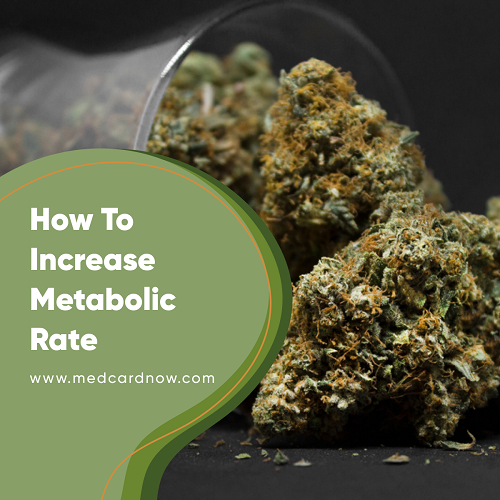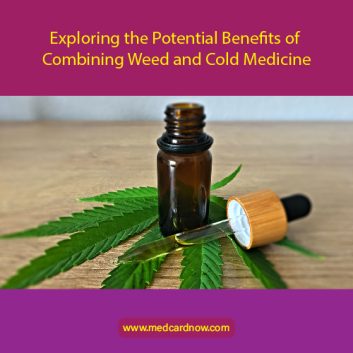
Metabolism is the body’s process to make and burn energy from food. Metabolism plays a major role in breathing, thinking, digesting, blood circulation, and more. Most people believe that using a drug can increase metabolic rate. However, there are more myths about increasing metabolism than tactics that work. If you are burning more calories than usual, you could end up eating more food.
Here are some common myths about metabolism
- Exercise boosts your metabolism even after quitting
Science shows that you burn more calories when you do activities like biking or swimming. The rise in calorie burn only continues if you constantly work out. Your body may still burn extra calories for an hour after a workout, but it doesn’t continue. Once you stop exercising, your metabolism returns to its resting rate. Therefore, filling your body with calories after a workout will make you gain weight.
Solution: After exercise, to avoid weight loss, refuel your body with healthy foods. Don’t use exercise as an excuse to overindulge in high-calorie foods and drinks.
- Adding muscle will help you lose weight
Muscle drains more calories than fat. Therefore, many believe that more muscle will boost your metabolism. This is true but by only a small amount. Most regular exercisers only add several kilograms of muscle. That won’t sufficiently change the number of calories you burn. Plus, when you’re inactive, muscles burn very few calories. Usually, the brain, heart, kidneys, liver, and lungs affect most of your metabolism.
Solution: Weight lifts provide stronger bones and muscles. Also, use strength training as part of your exercise program to get your heart pumping. To increase metabolism, you also need to eat healthily and appropriately.
- Certain foods can boost your metabolism
Eating foods like green tea, caffeine, or hot chili peppers will not help you shed excess pounds (kilograms). Some may provide a small boost in your metabolism, but not enough to make a difference in your weight.
Solution: Choose foods for their good nutrition and taste. Eat a variety of healthy foods that fill you up without filling you out.
- Eating small meals during the day boosts your metabolism
Little or no scientific evidence shows that eating small meals frequently boosts metabolism. Partitioning your meals throughout the day may prevent you from becoming too hungry and overeating. Athletes perform better when portion their meals into small amounts. If you find it difficult to avoid eating, then you can choose 3 meals a day.
Solution: Monitor your hunger and eat only when you are hungry. Monitor your daily diet and limit high-sugar, high-fat snacks.
- Getting enough sleep boosts your metabolism
A good night’s sleep doesn’t boost your metabolism but continuing without sleep can increase weight. People who sleep less tend to eat more calories than regular.
Solution: Schedule your day so you have enough time for sleep. If you face difficulties sleeping, investigate means to relax before bedtime.
What drugs can increase metabolism rate
A drug can increase metabolic rate in many cases. The FDA has approved five drugs to boost metabolism. These includes orlistat (Xenical, Alli), phentermine-topiramate (Qsymia), naltrexone-bupropion (Contrave), liraglutide (Saxenda), and semaglutide (Wegovy). Another FDA-approved drug, setmelanotide (IMCIVREE), is limited to people with rare genetic disorders. This drug can increase the metabolic rate in many cases. You can keep using drugs to increase metabolism if they don’t provide serious side effects.
Bottom line
Researchers are still researching how a drug can increase metabolic rate. Researchers are working on safer drugs that can increase metabolism to help overweight people. Therefore, if you want to boost metabolism, live healthily, or use metabolism-boosting drugs



